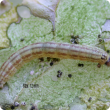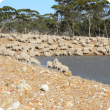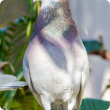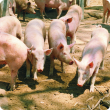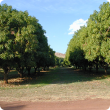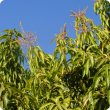Filter by regions:
- (-) Remove Gascoyne filter Gascoyne
- (-) Remove Mid West filter Mid West
- South West (204) Apply South West filter
- Peel (202) Apply Peel filter
- Great Southern (201) Apply Great Southern filter
- Perth regions (174) Apply Perth regions filter
- Wheatbelt (172) Apply Wheatbelt filter
- Goldfields-Esperance (171) Apply Goldfields-Esperance filter
- Kimberley (166) Apply Kimberley filter
- Pilbara (160) Apply Pilbara filter


